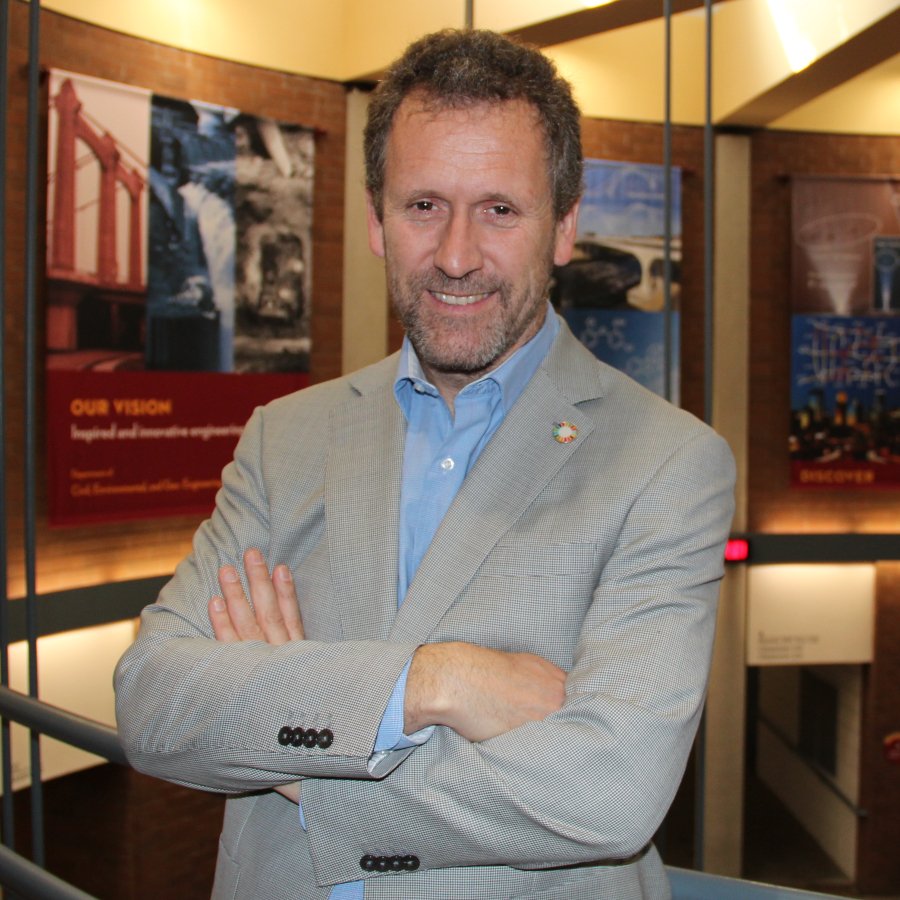The Full Cost of Headway Variability in Waiting, Crowdedness and Reliability: Two Strategies for Control
Juan Carlos Muñoz
Transport Engineering and Logistics, Pontificia Universidad Católica de Chile
ABSTRACT: The main focus of public transport operations in recent decades has been increasing speed. Increasing speed allows for faster trips and a higher frequency, reducing wait times and crowdedness inside the vehicles. A second key dimension in level of service has been ignored: reliability. Muñoz reviews impacts of an unreliable public transport service and shows how regularizing headway could improve level of service beyond the gains of simply increasing the operational speed. Regular headways positively affect comfort, reliability, travel and wait times, operational costs, and some urban impacts of bus services. Reliability is fundamental for making public transport an attractive travel alternative, and therefore must become a core goal for urban sustainability. Public transport agencies and operators should focus on reliability. Muñoz introduces methodologies to implement two different control strategies: bus holding and boarding limits through a rolling horizon optimization approach, and bus injection through a stochastic model.
